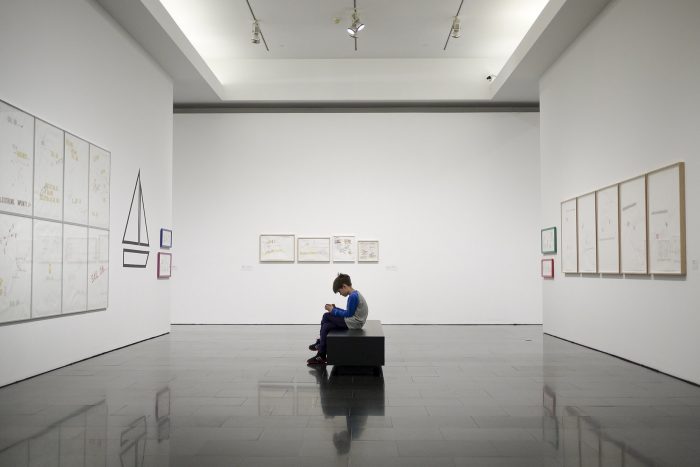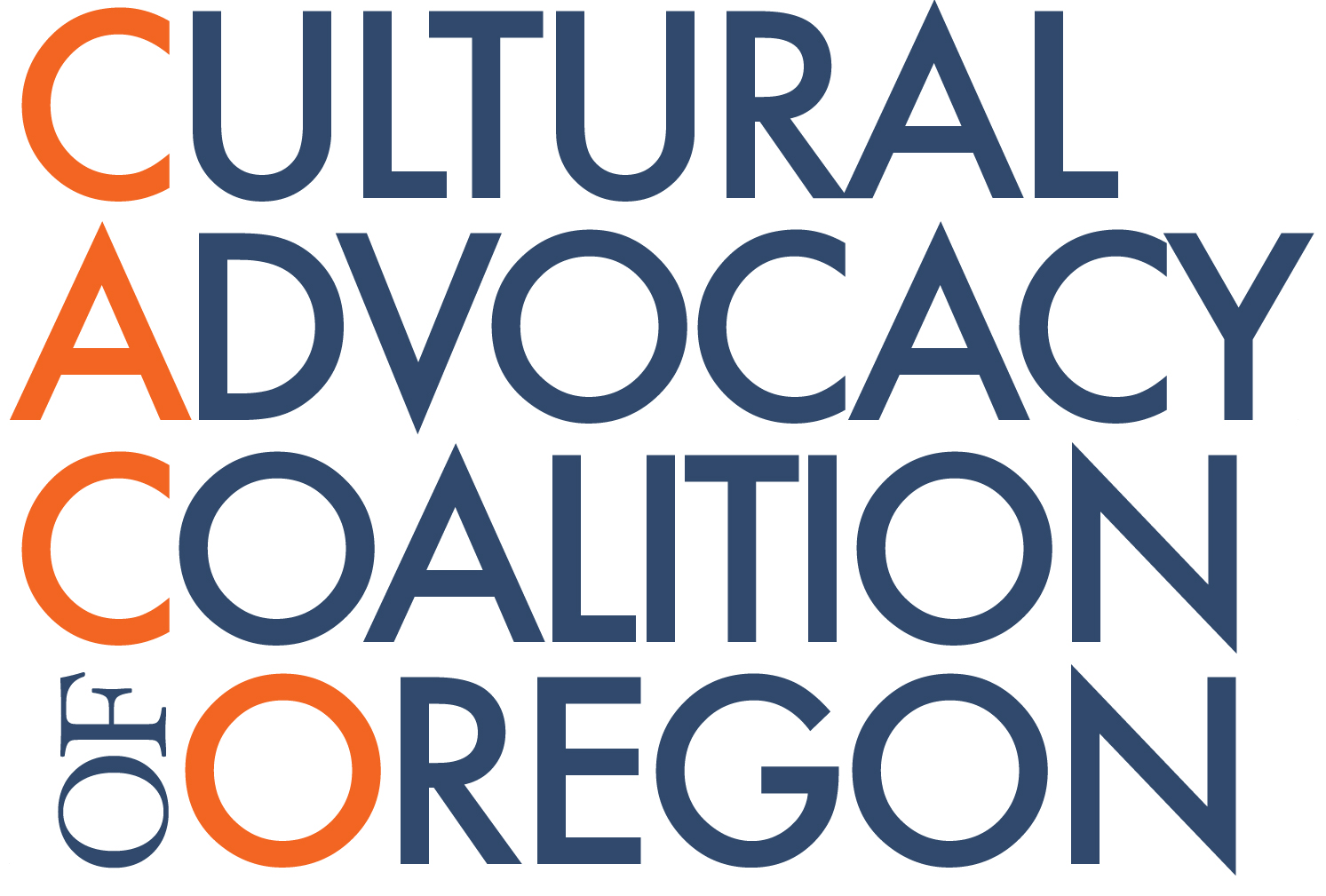
Prepared by Jenna Gabriel, EdM | January 2020
Independent Consultant, Oregon Cultural Advocacy Coalition
The National Arts Education Policy and Practice Research Summary Report (The Report), commissioned in 2019 by the Oregon Community Foundation and prepared by consultants Laura Forbes and Susan Oetgen at the request of Oregon’s Cultural Advocacy Coalition, offers advocates and legislators a comprehensive overview of the national, state, and Oregon-local arts education field and suggests advocacy opportunities based on a national survey of promising practices to advance equity in arts learning. This Advocacy Resource suggests the current educational landscape in Oregon presents a unique opportunity and outlines recommendations—drawn from and described more deeply in The Report—to energize advocates and legislators around specific directions that position investments in arts education as a critical lever in improving educational outcomes for all Oregon students.
WHY NOW? A UNIQUE MOMENT FOR EDUCATIONAL EQUITY IN OREGON
The Student Success Act (SSA), signed in early 2019 by Governor Kate Brown, aims to address educational inequities across Oregon. Through an expected annual investment of $1 billion into early learning and K-12 education, the SSA’s passage invites new ways to leverage funding to advance equity in education—including wide latitude for arts-friendly investments. Specifically, the SSA establishes two funding accounts with enormous implications for the future of arts learning. The Statewide Education Initiatives Account supports Oregon Department of Education (ORDOE) programs that improve educational opportunities for underserved students, including teacher professional development. The Student Investment Account distributes funds to meet students’ mental and behavioral health needs and to improve educational performance of students in historically underserved groups. Allowable uses of funds from this account include experiences that support a well-rounded education; art and music education are specifically called out in the law.
LEVERAGE ARTS EDUCATION TO ADVANCE EQUITY
This historic investment, guided by a commitment to advancing educational equity for Oregon’s students, presents policymakers and education administrators with an unprecedented opportunity to embrace arts learning as a strategy to implement the Student Success Act in a manner that honors the spirit of the law.
Recommendation 1: Include the voices of arts stakeholders when making decisions about strategies for use of grant funds in the Student Investment Account and the Statewide Education Initiatives Account. Oregon has a robust network of arts organization leaders, artists, arts educators, and culture bearers working across the state to improve equitable access to learning for Oregon’s young people. The Report details model programs, approaches, and coalitions at work in arts education across Oregon that can serve as a model for coordinated arts-engagement, data collection, and strategic leverage of funding for equity.
Recommendation 2: Invest in training arts educators to utilize trauma-informed, culturally responsive, and differentiated pedagogies. A robust body of literature links teacher readiness to equitable instruction in and through the arts. The SSA offers the development and implementation of professional learning initiatives as an allowable use of Statewide Education Initiative Account funds; the opportunity to invest in Oregon’s arts educators should not be missed.
Recommendation 3: Apply the Equity Lens to arts education decisions. Oregon’s Equity Lens, adopted in 2011, provides a framework to apply in decision-making around resource allocation, policies, and initiatives to support historically underserved students. Significant gaps exist in access to arts learning; a common vocabulary and protocol for decision-making can offer guidance in addressing this equity issue.
Recommendation 4: Align arts education investments with established student support frameworks such as Culturally Responsive Education, Social Emotional Learning, and Trauma Informed Education. A focus on responsive pedagogy and students’ mental and behavioral wellbeing is embedded across the SSA. Natural alignments exist between the arts and these approaches to supporting student success. Research suggests arts education is an effective lever to address students’ mental health and behaviors; strengthened programmatic alignment between arts learning and this SSA priority area underscores the existing connections between arts education and these broader initiatives.
SUMMARY AND CALL TO ACTION
On the heels of the SSA’s passage, advocacy efforts this legislative session should focus on building upon existing momentum and coalescing around policy and funding outcomes that lay the groundwork for a coordinated strategic agenda for equitable arts education. State legislators have a unique opportunity in this moment to leverage Oregon’s vast network of arts organizations and culture bearers to make enormous strides to advance education equity—important work that can grow into a statewide arts education strategy, including and beyond the Student Success Act. The detailed descriptions of programs, approaches, and partnerships at the national, state, and Oregon-local levels provided in the National Arts Education Policy and Practice Research Summary Report offer exemplars to guide that process, leading towards a more equitable future for all of Oregon’s students.
DOWNLOAD THIS ADVOCACY RESOURCE AND THE RESERACH SUMMARY REPORT: NATIONAL ARTS EDUCATION POLICY INITIATIVES AND BEST PRACTICIES.
For questions, please email Cultural Advocacy Coalition Sue Hidlick at sue@oregonculture.org
National Arts Education Policy and Practice Advocacy Resource - Cultural Advocacy Coalition of Oregon
- Home
- News and Resources
- National Arts Education Policy and Practice Advocacy Resource

February 19, 2020
- By: Sue Hildick
- 0 Comments
